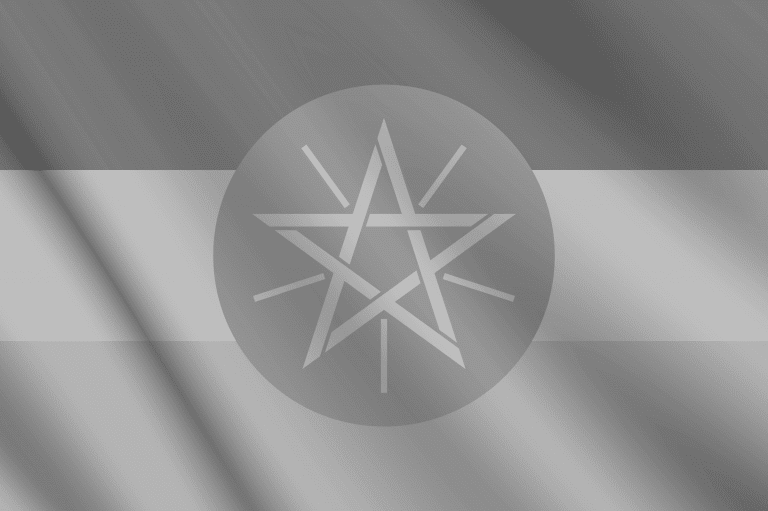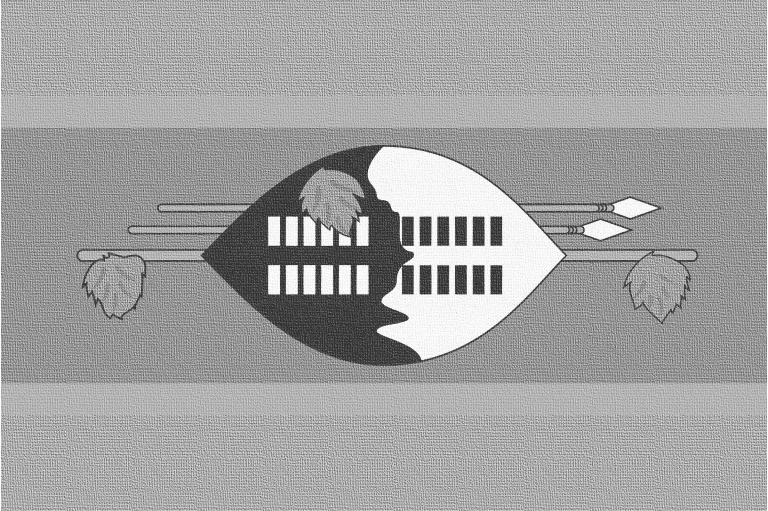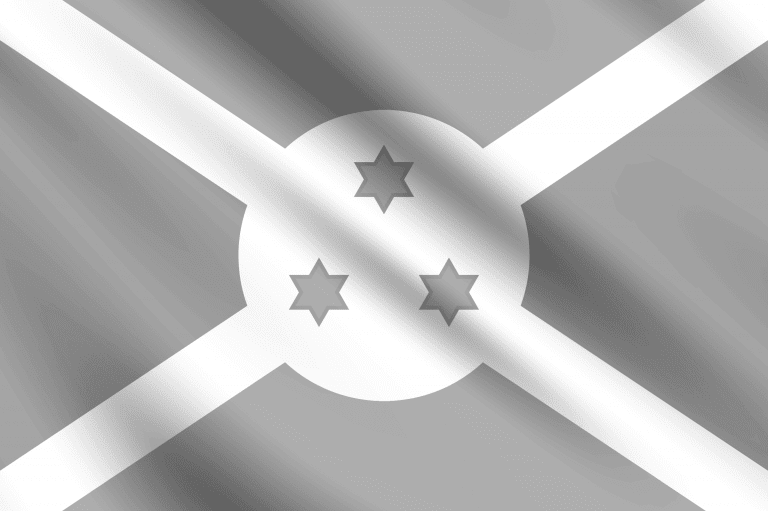Blog
Covid19Other service activities
The Good, The Bad and The Ugly
My wife and I recently drove through the Overberg in the Western cape and were treated to a view of lush rolling wheat and canola fields merging with the snow-capped...
Covid19Other service activities
The Impact of Covid on Individual Industries
The move to lock down level two brings with it some hope that our economy will gain a fresh momentum to recovery. The WOW industry reports researched since the beginning of lock down have covered the direct impact of the pandemic on various industries. These are some of the observations: Online retail Prior to the corona virus pandemic, online retail sales grew by 20% in 2019, but still accounted for less than 2% of South Africa’s R1-trillion overall retail trade. This compares with ecommerce penetration of 13% to 20% in relatively mature markets in Europe, the US, and China.
Morocco
Morocco Snapshot
Morocco’s new coalition government has focused on pro-poor reforms, job creation and implementing the country’s industrialisation strategy, which aims to increase the industrial sector’s share to 23% of GDP by 2020 from 18.5% in 2016. Evidence of its aspirations and success in this regard can be found in the automotive sector, where, in 2017, it overtook South Africa as the continent’s largest producer of passenger cars.
Madagascar
Madagascar Snapshot
Madagascar is endowed with a wealth of natural resources. These include semi-precious stones, graphite, chromite, coal, bauxite, rare earth elements, salt, quartz, tar sand and mica. The country supplies around 80% of the world’s vanilla. Other main agricultural products include coffee, sugarcane, palm oil, cloves, cocoa, rice, cassava, beans, bananas and peanuts. The island nation also derives revenue from fishing, forestry and hydropower. Renowned for its biodiversity and its unique flora and fauna, Madagascar is often described the ‘Galapagos of the African continent’.
Ethiopia
Ethiopia Snapshot
The winds of change are sweeping through Ethiopia since Abiy Ahmed became prime minister in April. Ethiopia is sub-Saharan Africa’s fastest growing economy, with average growth of around 10% a year for over a decade. GDP was US$8.2bn in 2000, $80bn by 2017, and will reach US$129bn by 2023, according to the IMF. The IMF’s World Economic Outlook expects 8.5% GDP growth in 2019 – while the World Bank expects 8% – outstripping advanced economies and global growth, which is expected at 3.9%.
Covid19Other service activities
Sectors To Watch Post-Covid
In the light of the president’s commitment to a social compact on July 23rd we have examined the economic strategy documents recently published by Business for SA, the ANC’s Economic Transformation Committee and re-visited the sadly neglected National Development Plan and identified (with some assumptions) the twenty one sectors targeted for growth which are common to these documents.
Eswatini
Eswatini Snapshot
Eswatini is a landlocked country bordering South Africa and Mozambique, with a population of approximately 1.4 million. The country was renamed in 2018 by King Mswati III, who rules it as an absolute monarch. Eswatini has close economic ties to South Africa, which it depends on for about 85% of its imports and about 60% of exports. It is a member of the Common Monetary Area with Lesotho, Namibia, and South Africa, and its currency, the lilangeni is pegged at the rand, which is also used as legal tender.
Burundi
Burundi Snapshot
The Burundi economy ranks 41st on the continent with a GDP of US$3bn and a population of 11 million, and is classified as a ‘fragile’ economy which has been ravaged by a protracted civil war. According to the African Development Bank, economic growth is constrained by its unstable macroeconomic framework and security concerns, among other factors. Burundi, which is one of the world’s poorest nations, has been embroiled in a civil war for over a decade.










